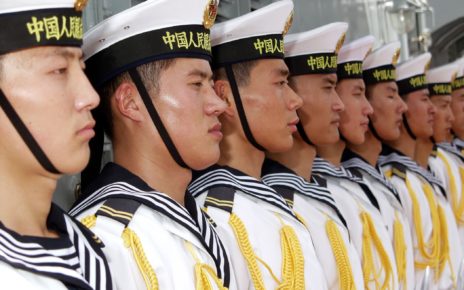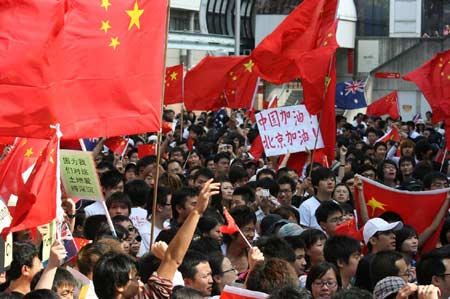By: Melanie Clarke.
On May 26-27, 2011, leaders of eight of the world’s advanced economies met in Deauville, France, for the 2011 G8 Summit. The Final G8 Declaration titled “Renewed Commitment for Freedom and Democracy” emerged after two days of informal bilateral and group discussions. This security-heavy document is a direct reflection of the enormous changes currently unfolding in North Africa and the Middle East as well as the uncertainty facing the international community with respect to maintaining international peace and security while facilitating transitional democratic movements.
With respect to issues of security and democracy, this year’s G8 Summit produced several working groups and declarations aimed at addressing security concerns. Examples included the Deauville Partnership, a working group established to help facilitate democratic transition through political process and good governance; “An Economic Framework for Sustainable and Inclusive Growth,” a G8 Declaration on the Arab Spring aimed at supporting sustainable and inclusive growth and helping to facilitate a free and democratic outcome to the political processes underway in the Middle East and North Africa; and a G8/Africa Joint Declaration, produced in partnership with the governments of Algeria, Egypt, Nigeria, Senegal, and South Africa.
In recent years, efforts to promote international peace and security have come to include more than simply preempting the escalation of conflict through military interventions and economic sanctions. Instead, the G8 has placed an emphasis on supporting sustained regional peace through long-term development and democratization initiatives designed to encourage economic growth and political stability. As a result of recent events such as the Arab Spring movements in North Africa and the Middle East, the death of Osama bin Laden, and Barak Obama’s May 19 statement on the Israeli-Palestinian peace process, the 2011 Summit emphasized the need for increased cooperation between regional leaders in combating terrorism, supporting democratic movements, and ensuring long-tern regional stability.
The initiatives undertaken at this year’s summit increasingly came to include provisions addressing civilian and state capacity building, acknowledging the necessity to work in coordination with governments to ensure regional stability and security. The 2011 Final G8 Declaration featured support for: continuing the Six Party Talks; addressing drug trafficking and terrorist financing through a coordinated regional response; limiting the proliferation of Weapons of Mass Destruction; ensuring freedom, and human rights in Iran; and establishing a “stable, peaceful and sovereign Afghanistan,” through reconciliation and reintegration and facilitating an Afghan-led democratic transition.
Perhaps the most significant outcome of the 2011 G8 Deauville Summit was the consensus reached on Gaddafi’s future leadership in Libya. All G8 leaders agreed that Gaddafi has “lost all legitimacy [and] has no future in a free, democratic Libya.” Further, members of the G8 affirmed their commitment to “supporting a political transition that reflects the will of the Libyan people.” Until this point, some leaders have been reluctant to take a firm stance against Gaddafi’s leadership claim.
The 2011 Deauville Summit’s platform, while significantly influenced by recent international events, was also a reflection on the broader movement towards the importance of international stability through democracy and economic prosperity, a long time G8 priority. This movement emphasizes the agreement among members that violence and intimidation will not be tolerated by the international community, and recognizes that stability and democracy in the Middle-East and North Africa “are becoming the norm and no longer the exception.”
Disclaimer: Any views or opinions expressed in this article are solely those of the author and do not necessarily represent those of the NATO Council of Canada.


